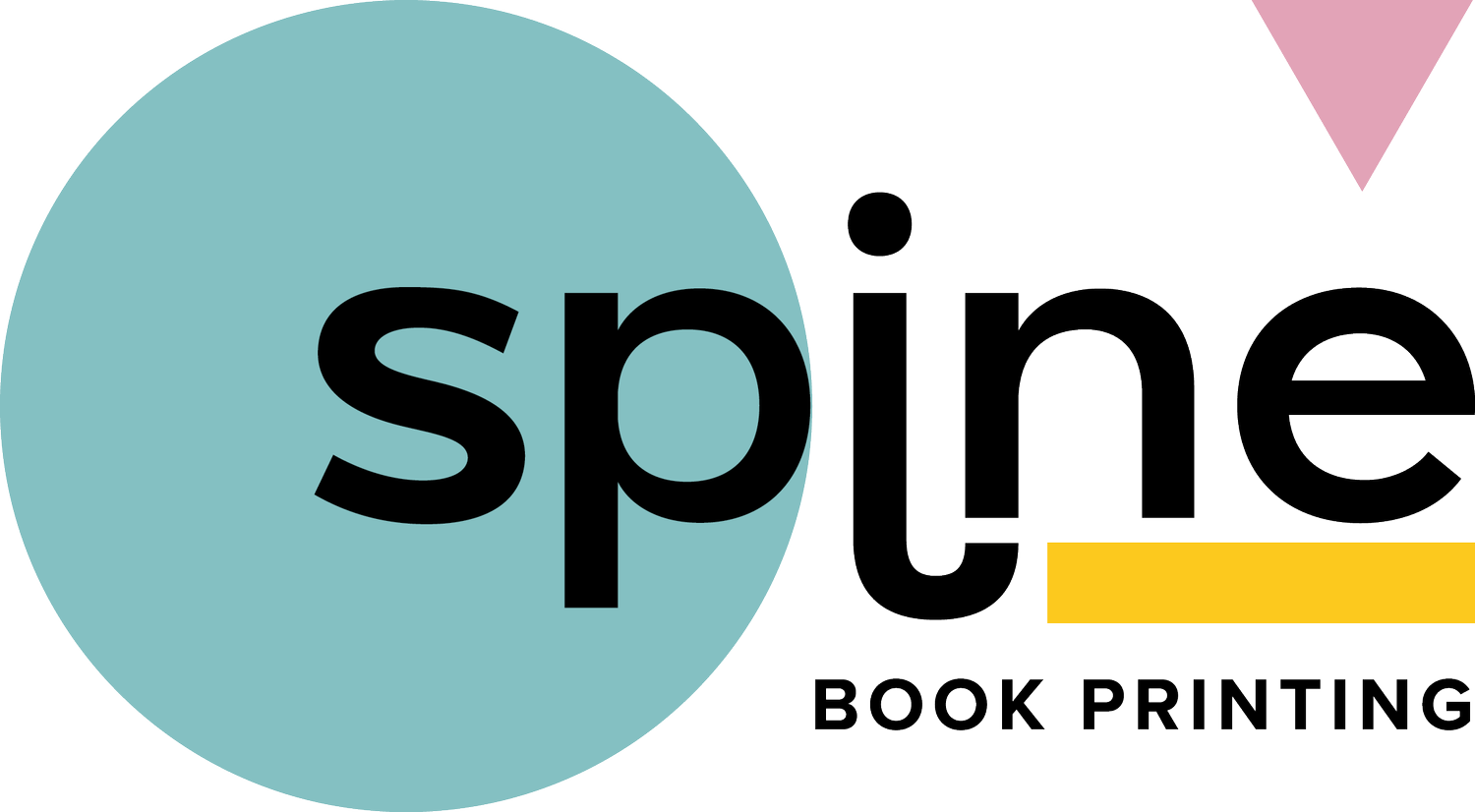Why Libraries Reject Self-Published Books
In recent years, self-publishing has become a significant trend in the literary world. Authors now have more freedom and control over their work, bypassing traditional publishing routes to bring their stories directly to readers. With this growing trend, many writers enjoy the perks of seeing their work in print without the lengthy wait or restrictions imposed by traditional publishers. However, alongside these benefits come challenges, especially for those wishing to see their books in libraries.
Libraries are known for their vast collection of curated books catering to the diverse interests of the community. Yet, many self-published authors find it challenging to get their books included in these collections. Despite the evolving publishing world, libraries maintain stringent criteria for book selection. This article delves into the reasons why self-published books often face rejection and how authors can perhaps overcome these hurdles.
Libraries' Acquisition Policies
Libraries rely on specific acquisition policies to maintain the quality and relevance of their collections. These policies typically focus on factors such as:
- Content Quality: Libraries seek books that meet a certain literary standard, ensuring readers have access to well-crafted narratives.
- Demand: Popular titles or those with broad appeal are preferred to attract a wide readership.
- Reputation: Works by well-established authors or those with critical acclaim often take precedence.
When it comes to self-published books, these policies can impose certain barriers. For example, a library might hesitate to include a self-published book due to concerns about the editing and production quality. Without the backing of a well-known publisher, these books might be perceived as lacking the professional polish that traditionally published books possess.
Quality Concerns
One of the main hurdles self-published authors face is the perception of quality. While many self-published books are exceptional, there's a prevailing notion that some lack the thorough editing process that traditional publishers provide. Libraries aim to offer titles that are well-edited and formatted to ensure a pleasing reading experience for visitors.
Authors often encounter quality issues such as:
- Editing Errors: Spelling mistakes and grammatical issues can stand out, detracting from the reader's experience.
- Formatting Inconsistencies: Improperly formatted text can make books difficult to read, leading libraries to skip these titles.
- Cover Design: A well-designed cover is crucial as it's the first thing potential readers notice.
Understanding and addressing these areas can make a significant difference. Authors considering self-publishing should strive to enhance the overall presentation of their books, ensuring their work meets the high standards expected by libraries.
Lack of Reviews and Professional Endorsements
Another stumbling block for self-published authors relates to securing professional reviews and endorsements. Libraries often rely on reviews from reputable sources to gauge the quality and relevance of a book. These reviews offer an impartial perspective, guiding libraries in their purchasing decisions. For many self-published authors, getting a foot in the door of established review channels is challenging. Without these reviews, a book might struggle to stand out amidst a sea of titles competing for a spot on library shelves.
Authors might also find it tough to obtain endorsements from established figures in the literary field. Such endorsements can validate a book's worth and swell its appeal to libraries. Securing these endorsements often involves building relationships within the literary community or gaining visibility through established platforms. This process can be time-consuming and sometimes feels elusive for new self-published authors trying to establish credibility.
Limited Distribution Channels
Distribution is another area where self-published books face hurdles. Traditional publishers have established distribution networks that ensure their titles reach many libraries. In contrast, self-published authors must navigate these waters on their own, often leading to limited availability in key channels.
A narrow distribution strategy can mean your book doesn't appear in the catalogues that libraries frequently consult. Without access to these catalogues, a book may be overlooked, irrespective of its quality. Libraries also prefer to order from established distributors due to ease of purchasing and accessibility. Self-published authors might therefore consider aligning with distribution services that expand their reach to improve their library inclusion chances.
Overcoming Barriers and Creating Opportunities
Despite these challenges, self-published authors can take steps to increase their chance of getting into libraries. Start by ensuring your book is as polished as possible. Investing in professional editing and design can significantly enhance your work's presentation, making it more appealing to selectors.
Seek out reviews from independent sources or try collaborating with professional reviewers open to self-published content. Building relationships with librarians and attending library events can also provide valuable exposure. Additionally, using reputable print services can help deliver a quality product that meets the standards libraries expect.
Perseverance is key. Authors should continually strive to improve their craft and look for new ways to promote their work. By focusing on quality, distribution, and reviews, self-published authors can create new opportunities for themselves in the literary world.
Are you ready to get your self-published book onto library shelves? Focus on quality by investing in professional services that can make a real difference. Spine Book Printing offers a reliable book print service to elevate your work, ensuring it meets the expectations of even the most discerning libraries. Give your book the professional edge it needs to stand out and make a lasting impression.

